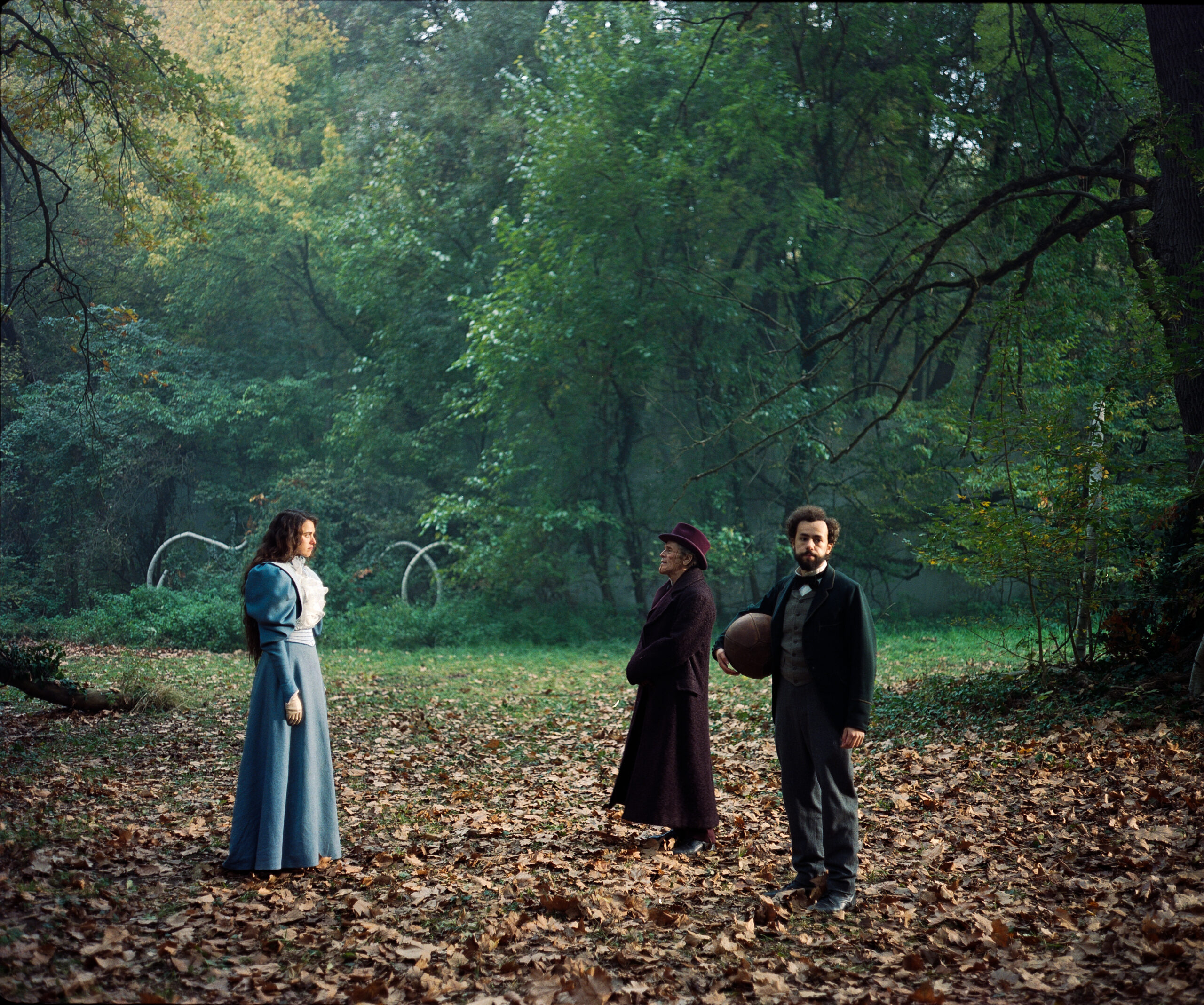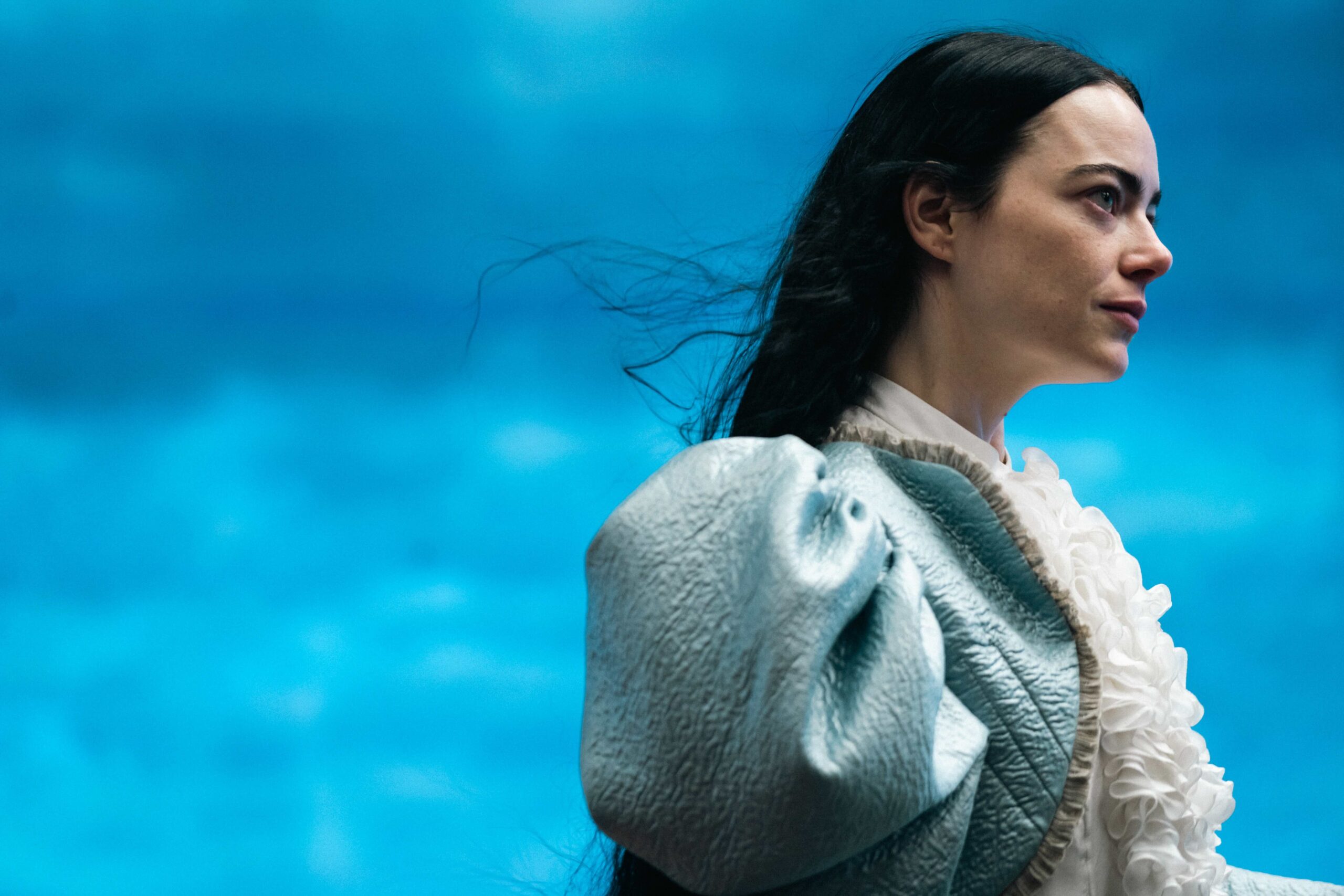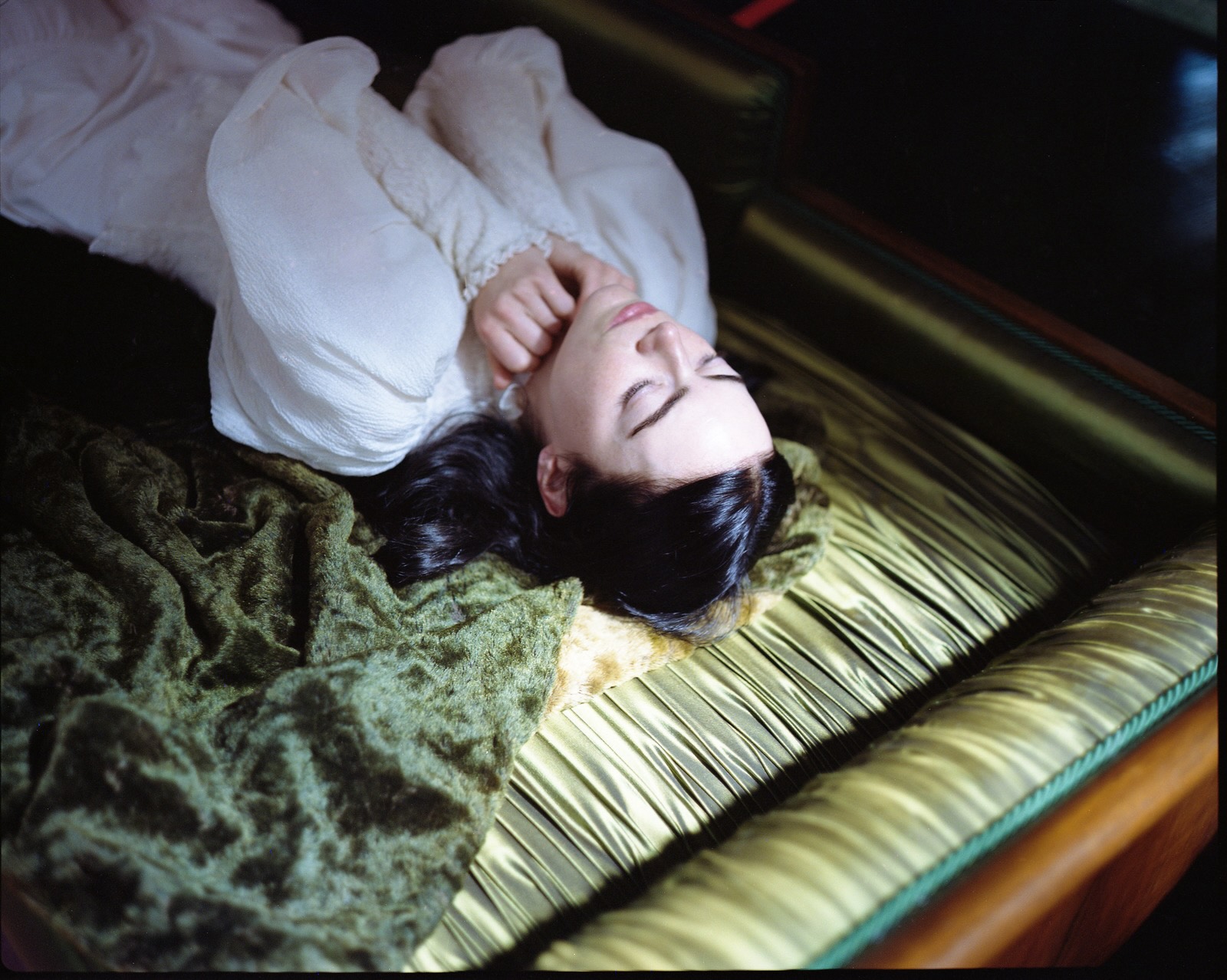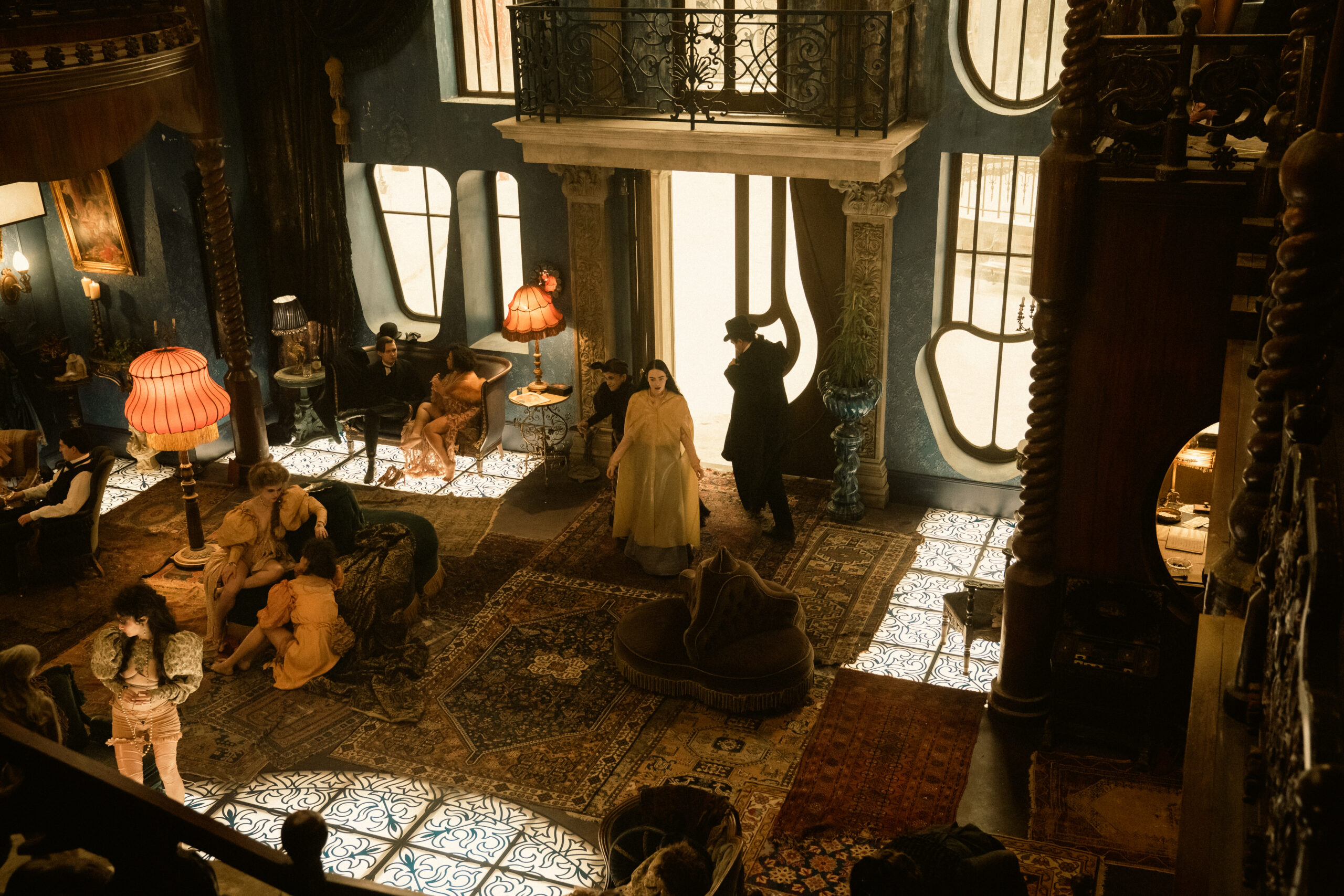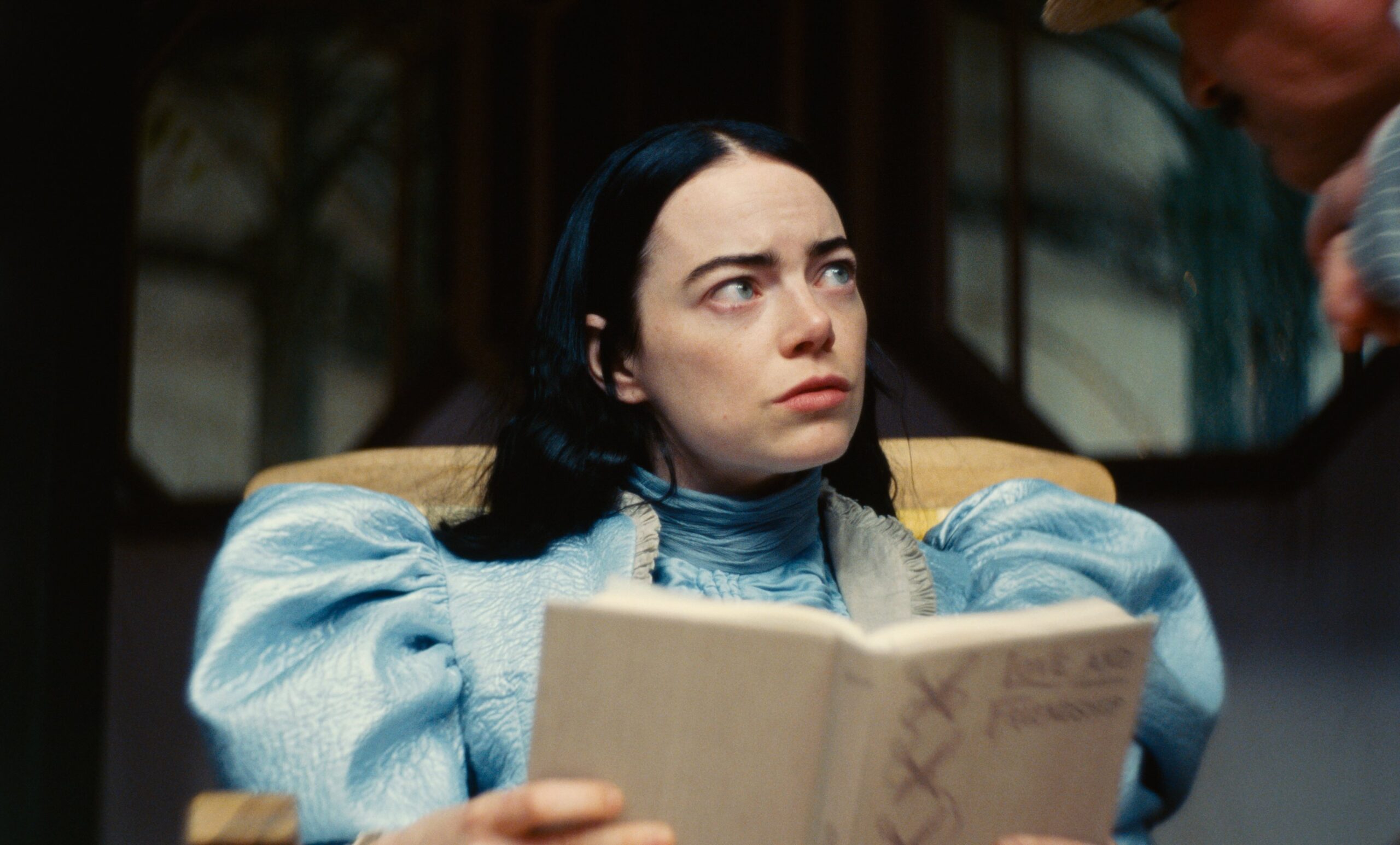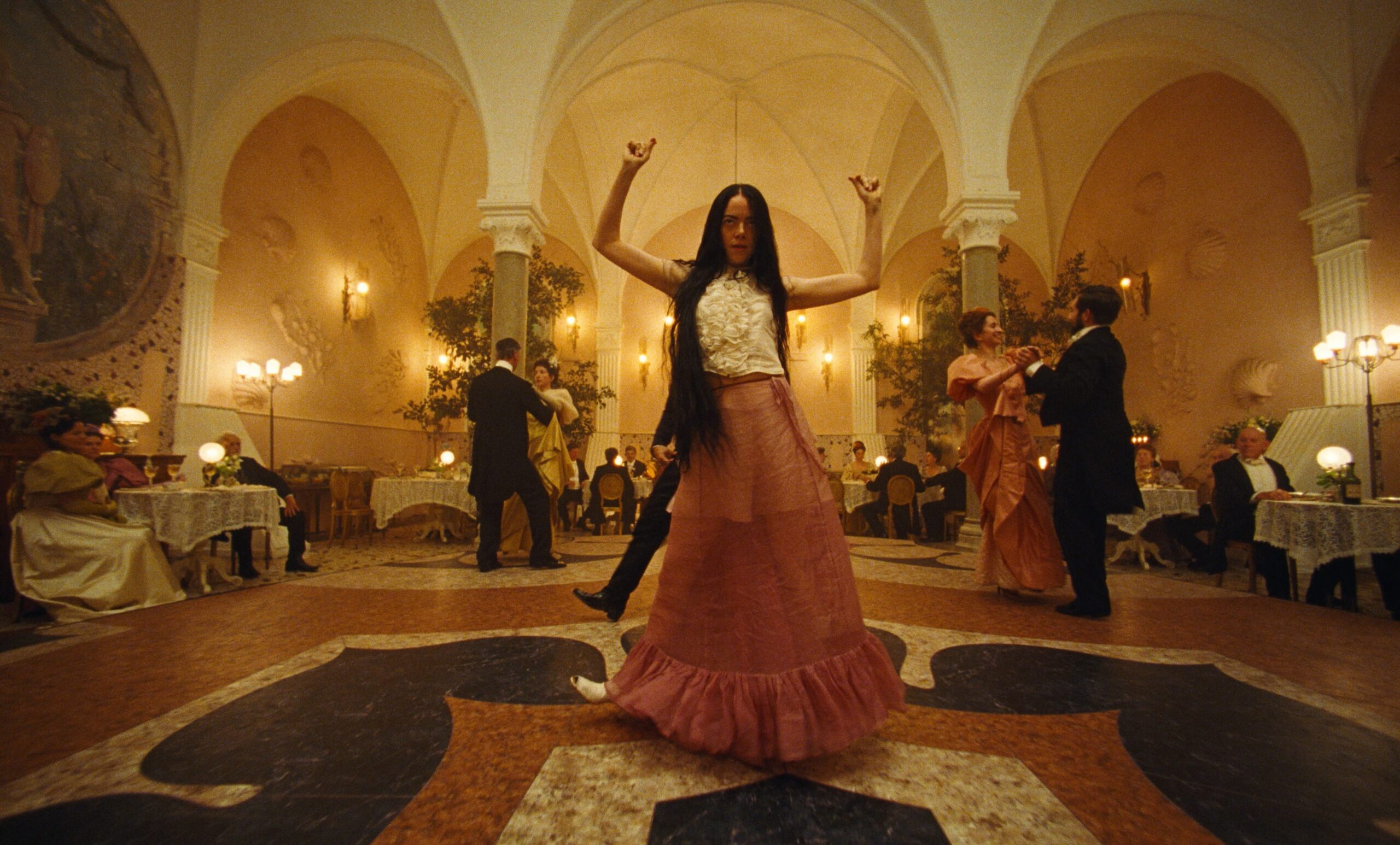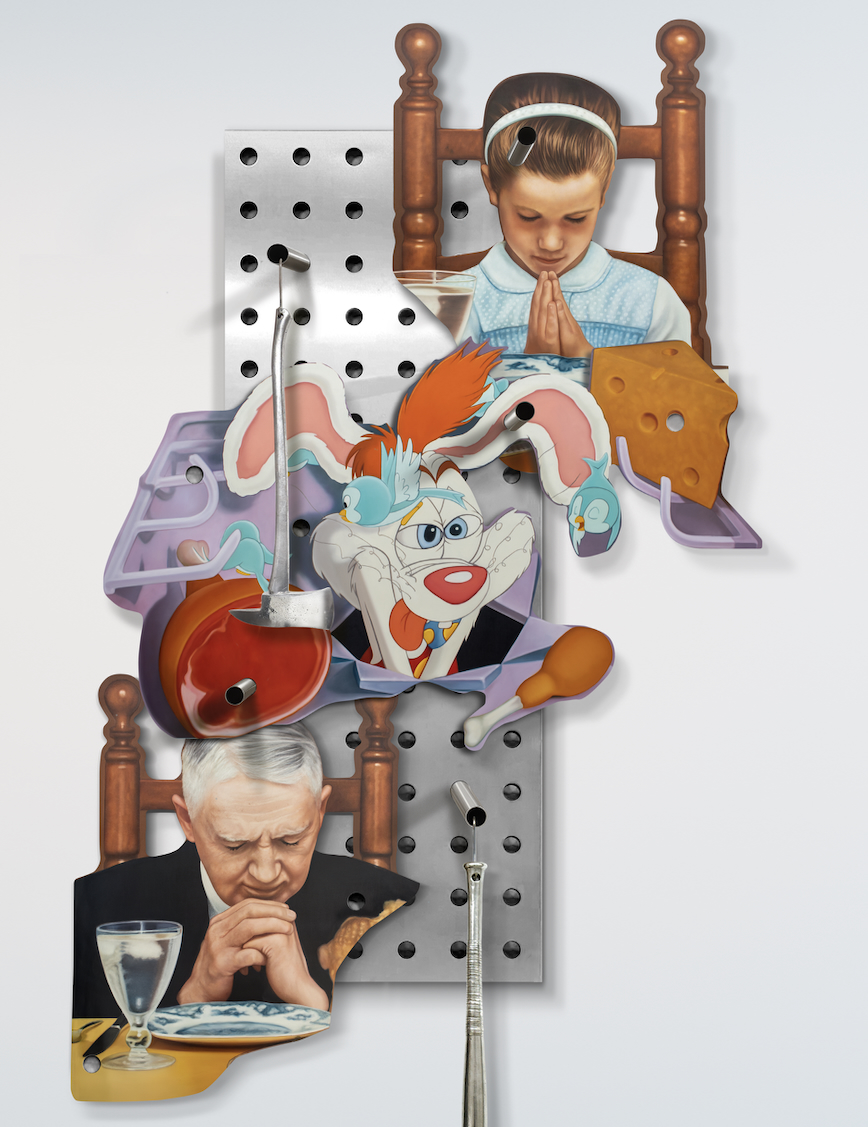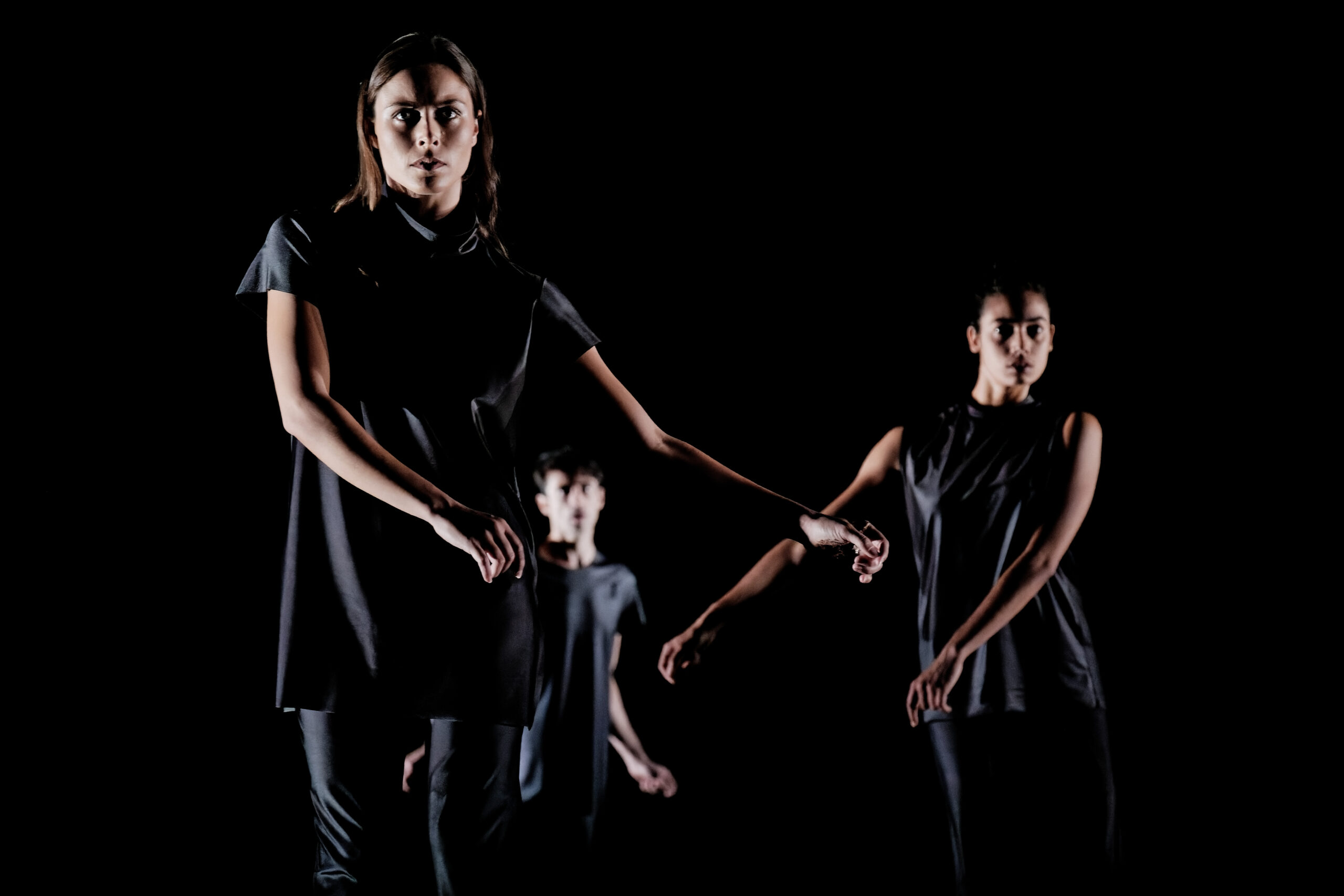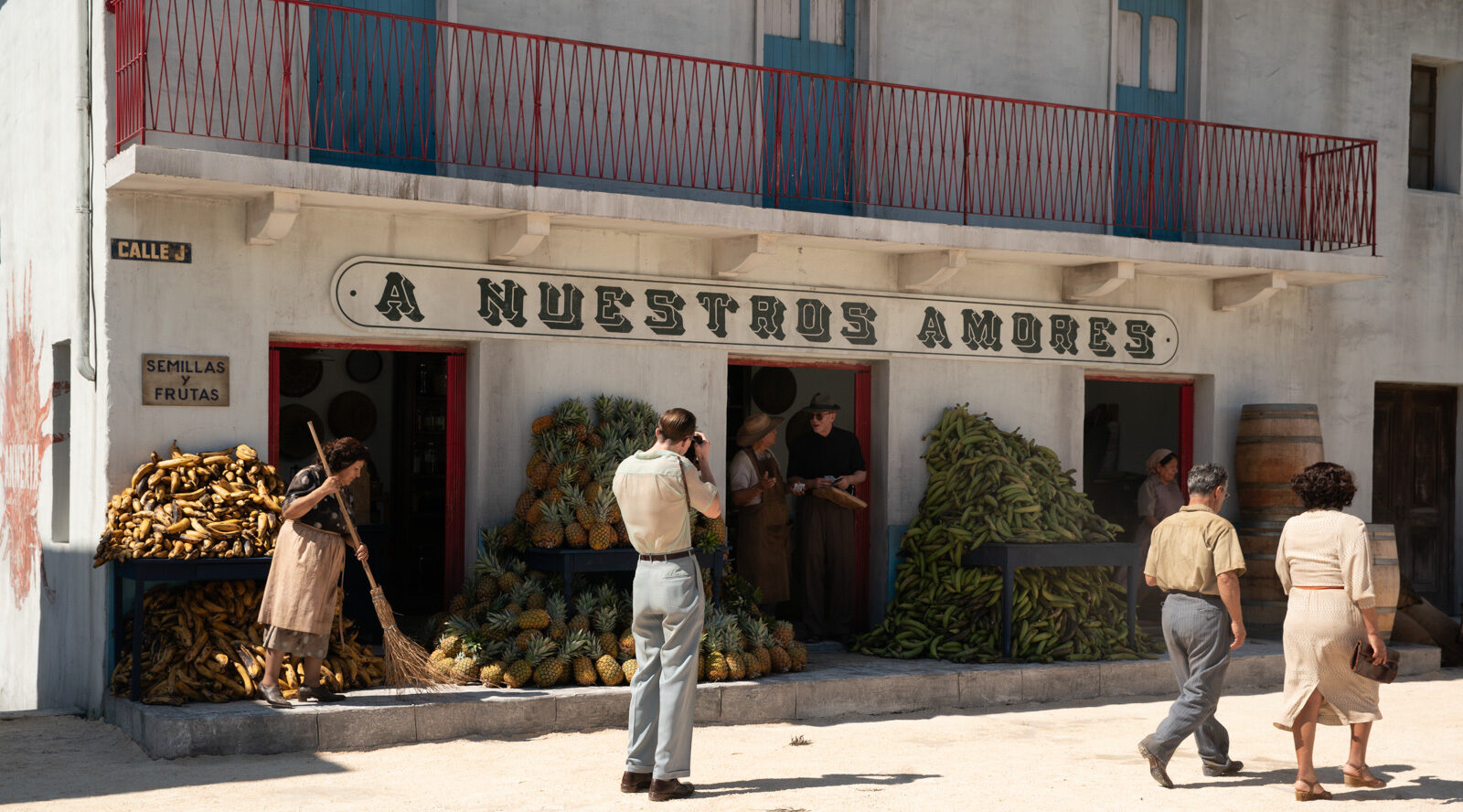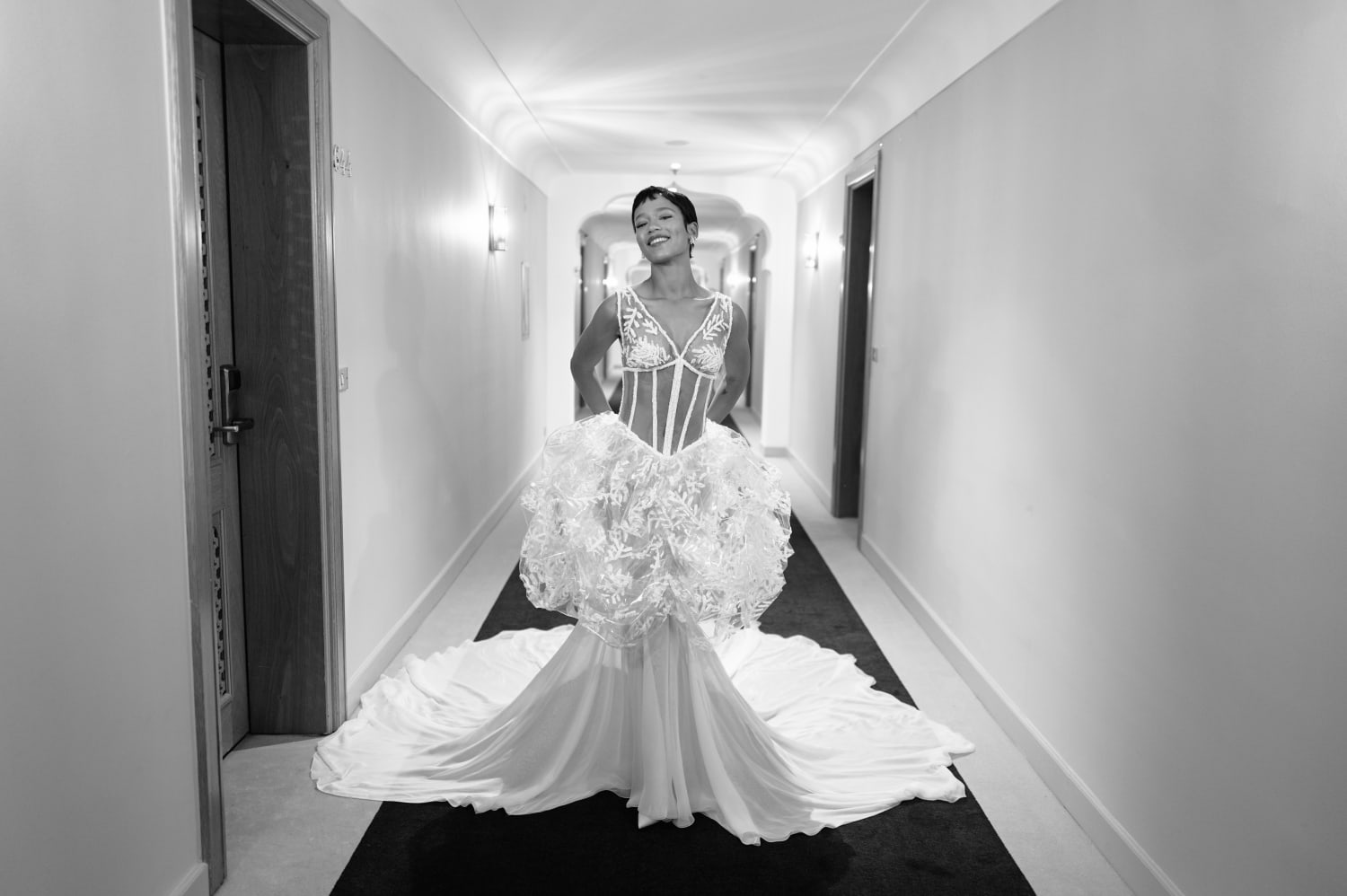Yorgos Lanthimos’s latest film, Poor Things, delves into stories of men grappling with issues of love, hate, and dependence on women. Based on Alasdair Gray’s novel, which unveils extraordinary lives through a doctor’s diary, including that of Bella Baxter. This feminist creation, masterfully explored by Emma Stone, stands out for its narrative strength and coherence, extending beyond reflections on the intellectual and moral freedom of the protagonist. Set in a fantasy and steampunk world around 1890, the film follows Bella’s story, resurrected by a mad doctor and facing life without gender biases, as her mind retains the innocence of a child, untouched by societal conditioning. Director Yorgos Lanthimos describes it as a surprising work, a parable on power, and a unique coming of age story illustrating Bella’s rapid evolution. Emma Stone’s extraordinary portrayal captures Bella’s unique growth as the film explores themes of gender identity and freedom. Poor Things excels in portraying the precise transition of a child within an adult body. The plot reveals Bella as the result of an experiment, with the brain of an unborn child transplanted into the body of a deceased woman, creating a paradox of an adult body with a developing mind. This hybrid creation presents the paradox of an adult body with a still-developing mind. From a primary state, Bella does not yet seem fully a woman, as she has not gone through the process of subjectification that defines gender identity.
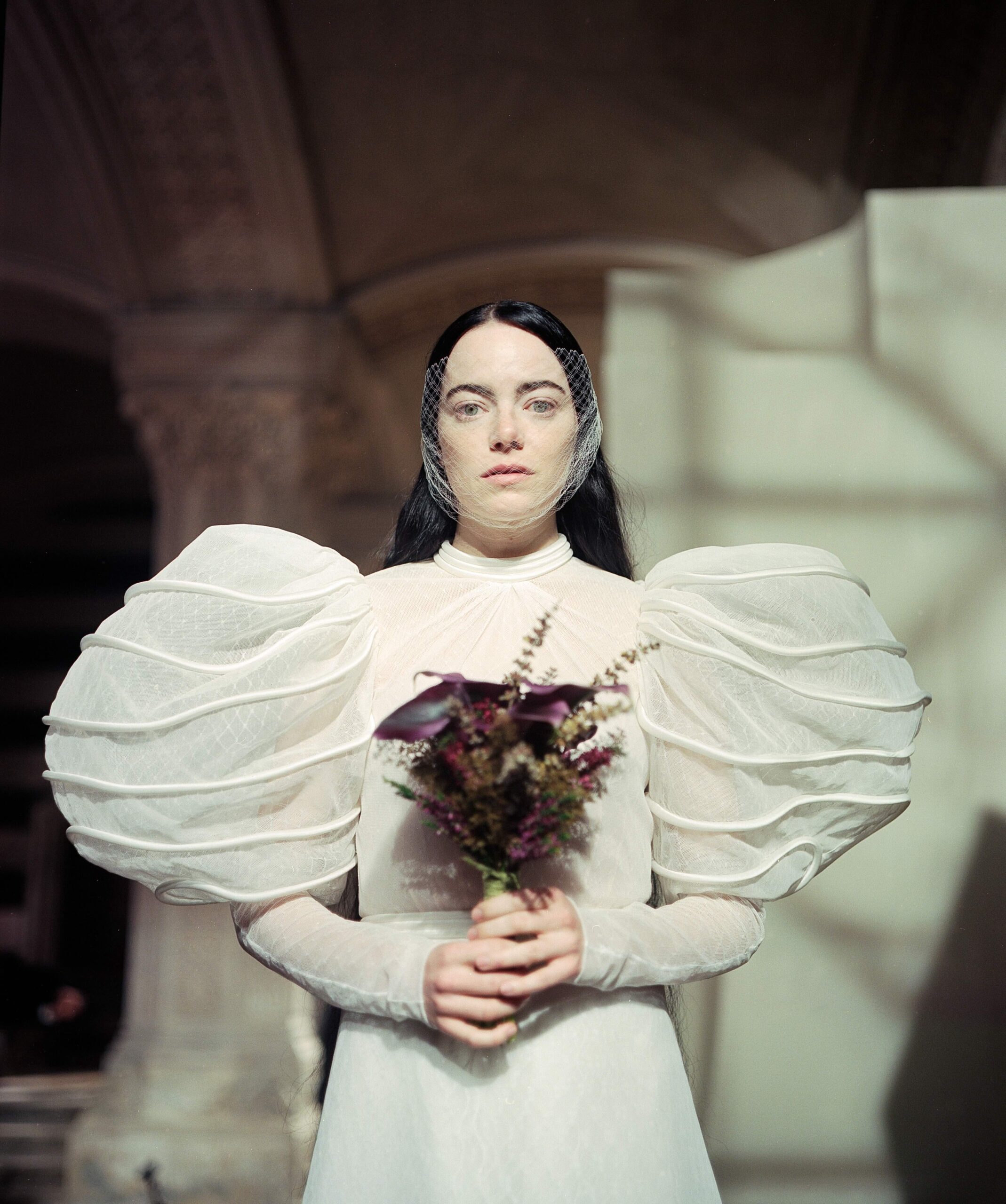
Bella is a special character within a story that is absolutely amazing to me. When I read the novel, I immediately thought Bella would be the driving force behind a film, as everything is told from her point of view. She is a woman who goes out into the world with the opportunity to have her experiences on her own terms, shaping her personality without submitting to the conventions and rules of society, family or caste.

The story is based on Judith Butler’s theory in the text Bodies That Matter, emphasizing how social norms influence the process of subjectification. In Bella’s world, gender assignments and expectations are present from birth, influencing her path of growth and development. For Lanthimos, this is a discourse that starts from afar, as all the male figures in his cinema are nothing but negative, from the jailer father of Dogtooth to the useless men of The Lobster and The Favorite. In contrast, strong women, such as Nicole Kidman, a mother and wife willing to do anything to save children and appearances in Sacrifice of the Sacred Deer. Mark Ruffalo as a shady lawyer, Willem Dafoe as a mad scientist, and the talented Ramy Youssef as an enamored doctor create a clever simplification of the Greek director’s world, presented in the form of a satirical fable. The film challenges mainstream cinema with forbidden elements, starting with sexual liberation.
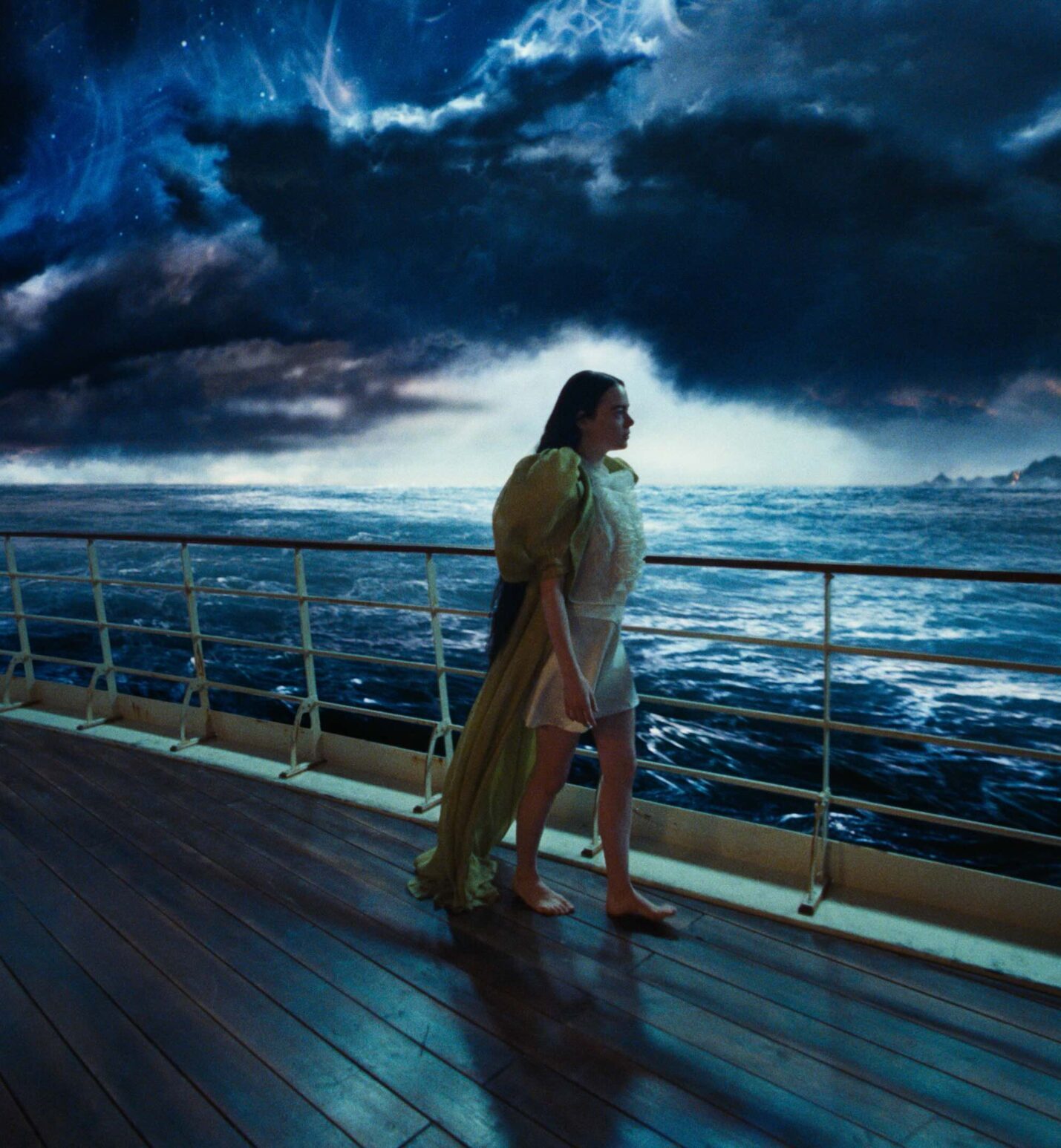
From the start, it’s clear that Bella’s hybrid body is the result of an experiment by God (Willem Dafoe), the peculiar and somewhat unsettling surgeon who enjoys atypical procedures on bodies, playfully referencing experimental practices aimed at creating new forms of life. The film addresses the issue of language and norms influencing the act of naming, highlighting a narrative about language itself and how it shapes social expectations from birth, based on assigned gender. Poor Things is an intriguing exploration not only of Bella’s story but also of the social and linguistic dynamics shaping our gender perceptions. It represents a rebellion against the narrative archetype where heroines are condemned to death and unhappiness by male characters. Yorgos Lanthimos overlays Bella onto various male archetypes, transforming their meaning. Bella becomes a mad element altering the formula of situations, challenging predictable conclusions. Thus, Bella, with her remarkable hair growth and the ability to learn fifteen new words every twenty-four hours, temporarily confines herself to exploring her internal world, discovering pleasure. However, societal norms and beliefs impose restrictions on her natural exploration. This conflict becomes the centerpiece of the narrative about the liberation of the female figure, highlighting how sexuality, understood as power, domination, blackmail and the conventions imposed by gender roles, perpetuated over centuries by repressive upbringings and rules, deprive women of control over their bodies and freedom of self-determination. Sexuality then becomes a tool of rebellion, challenging the norms that seek to restrict and control female autonomy.
Stone’s ability to become, in those scenes, precisely what she is in the story, namely a little girl moving inside a woman’s body is phenomenal. Hers are not the mechanical motions of a doll but the awkward but entirely human ones of a creature who is learning to gauge her balance in space and how her body keeps her balanced.
